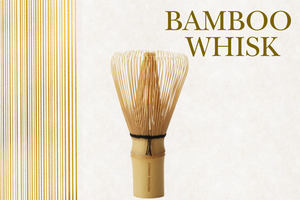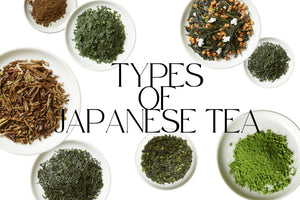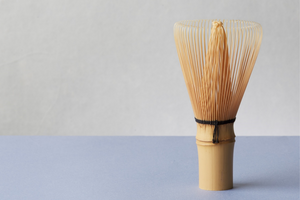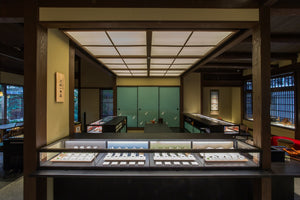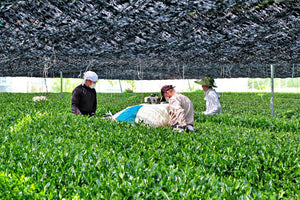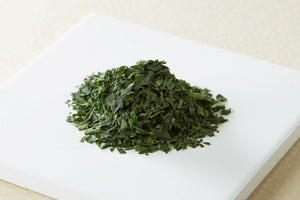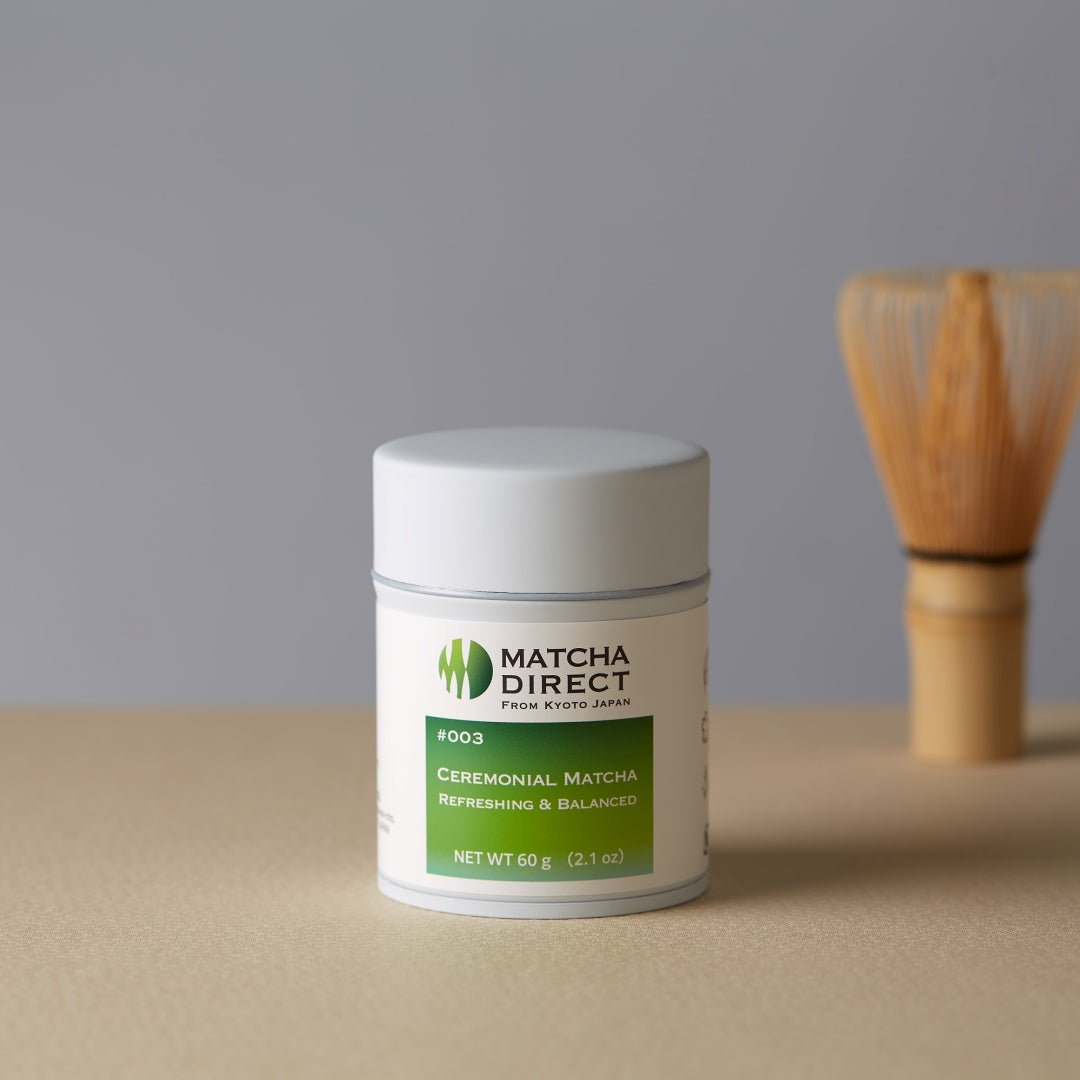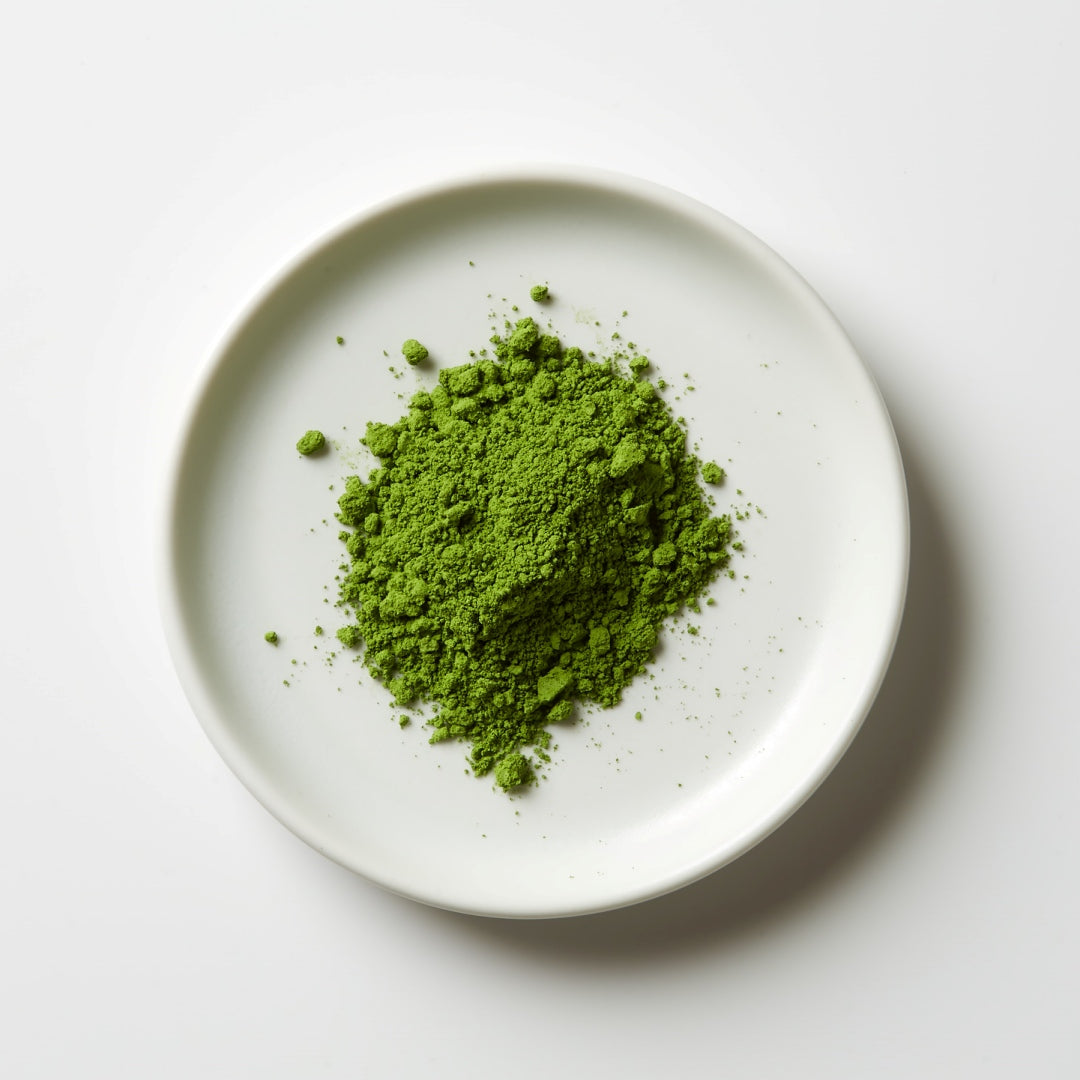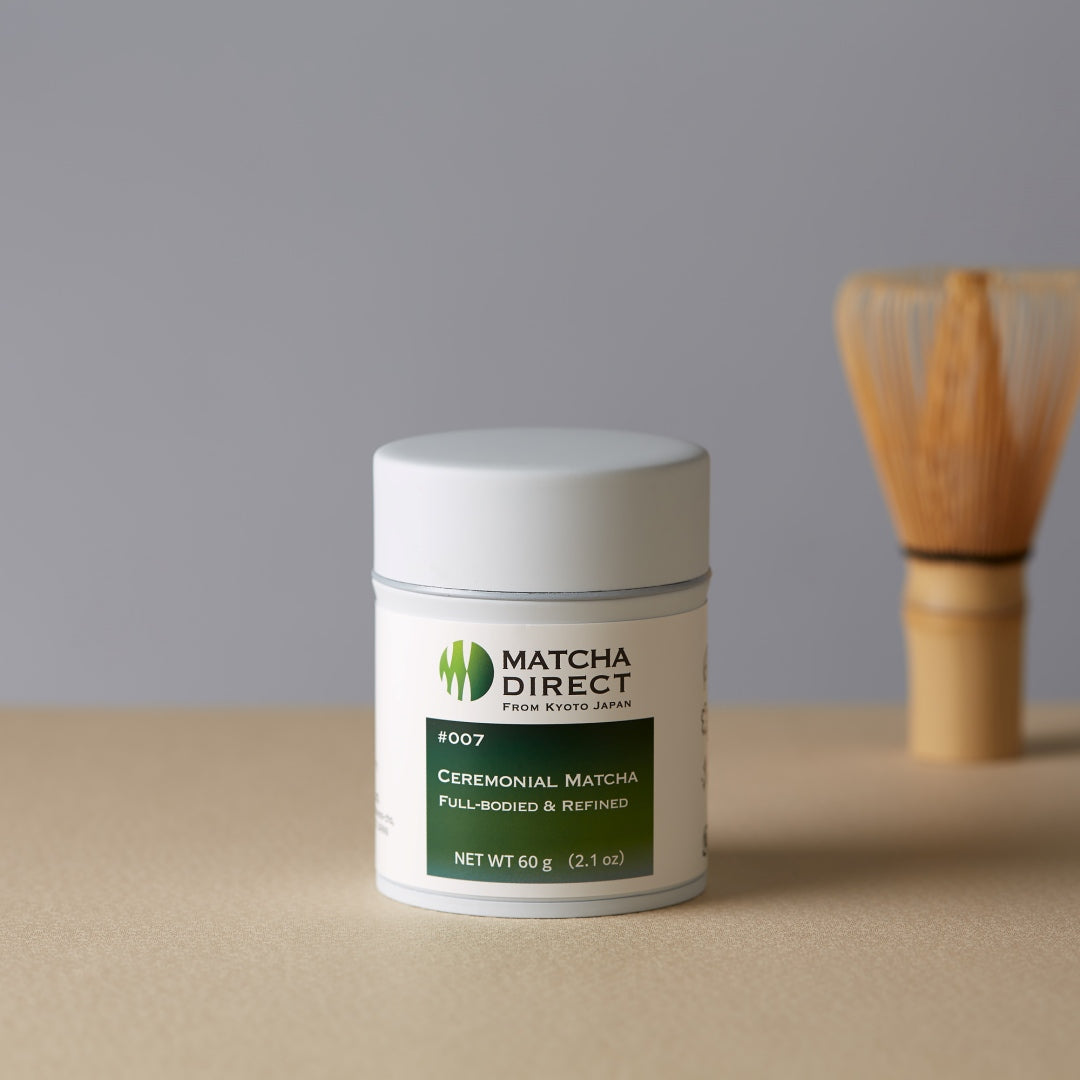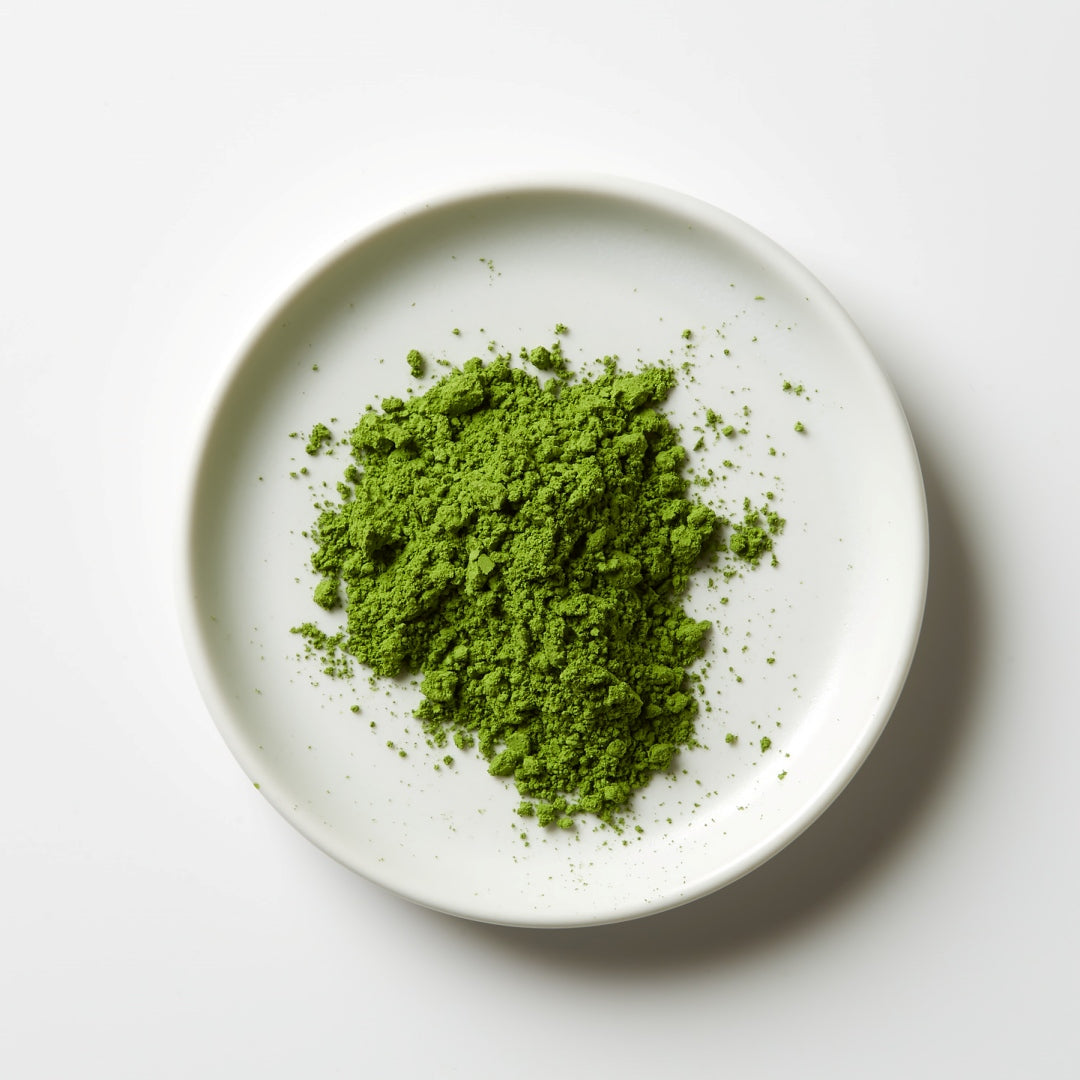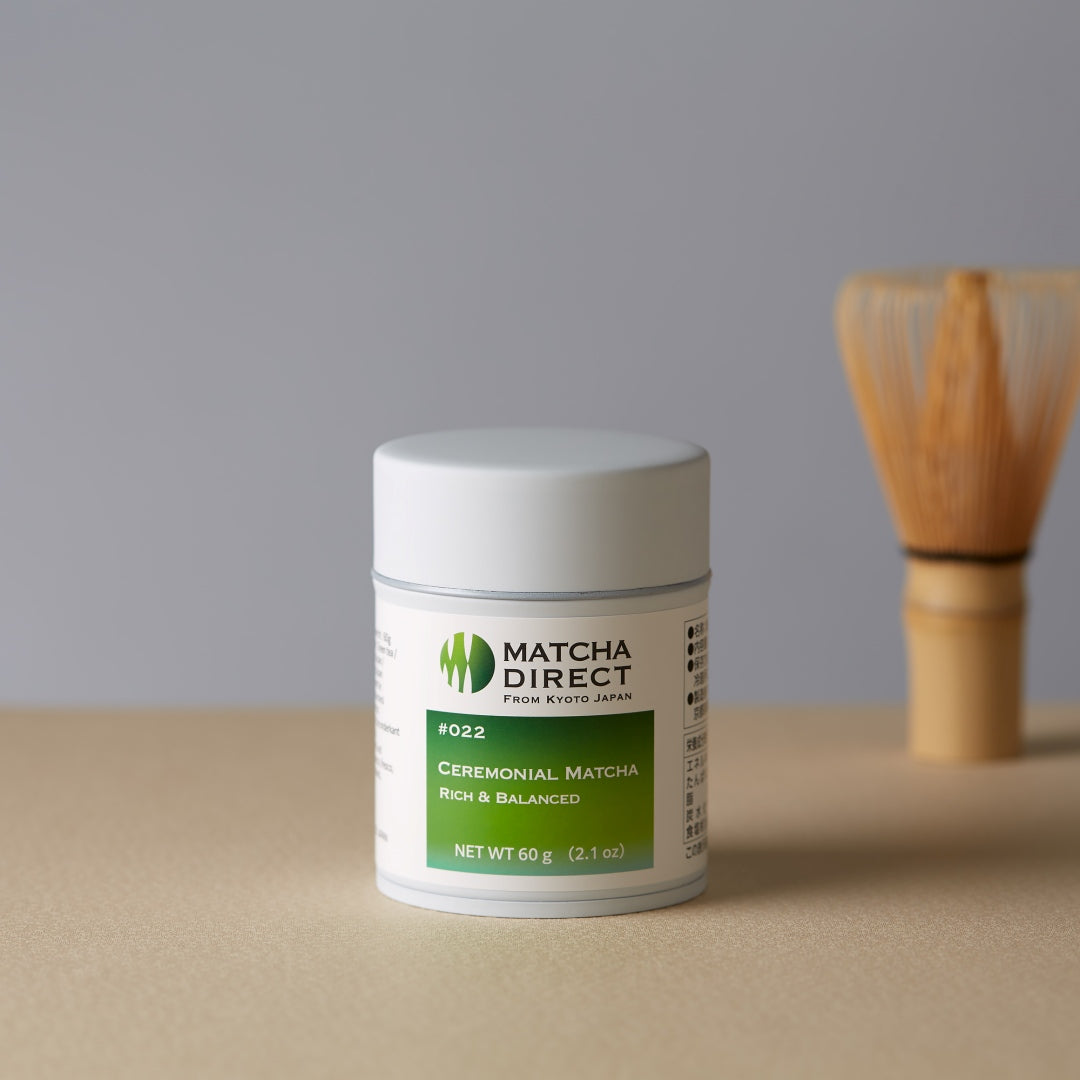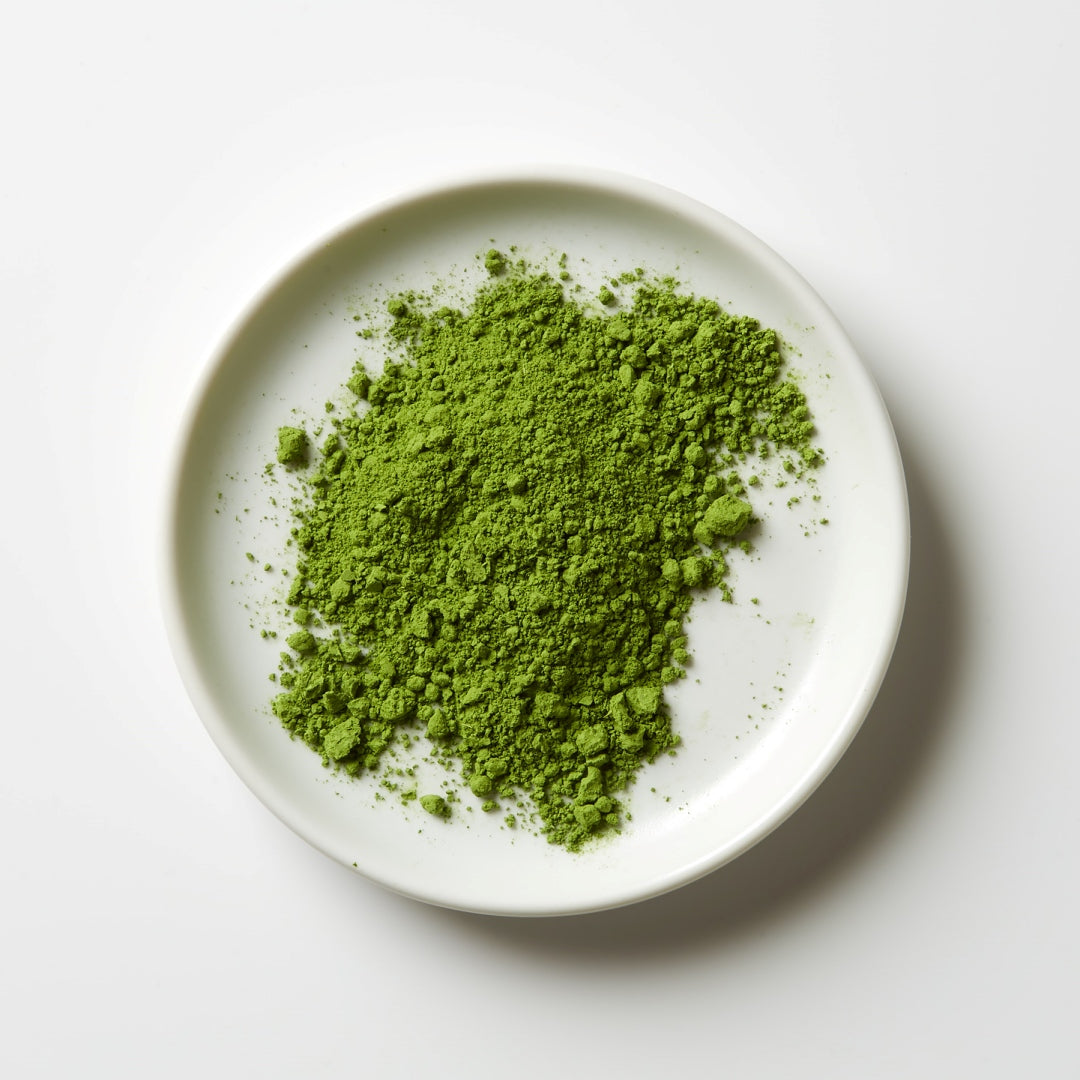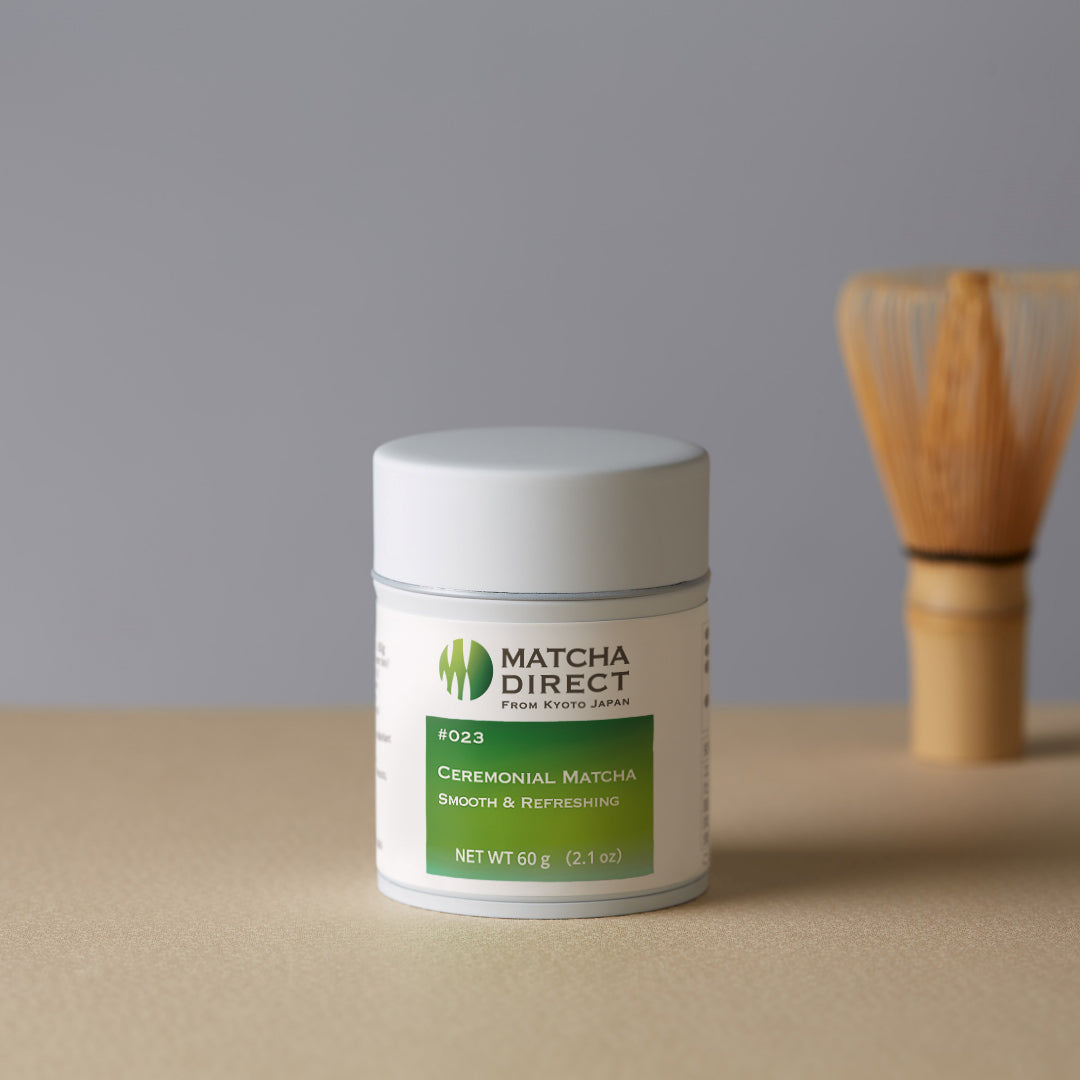What is Uji Matcha?

Definition and Cultivation Regions of Uji Matcha
Uji is a city with a population of about 200,000, located in Kyoto Prefecture, Japan.
It's located about 20 minutes south by train from Kyoto City, a place visited by many foreign tourists.
World heritage sites, such as the Byodo-in Hou-ou-do and Uji Kami Shrine, are located within Uji City. Furthermore, the city is renowned for the production of a traditional Japanese craft product, matcha, which attracts a lot of foreign tourists to Uji City.
Tea cultivated and processed in the region centered around Uji City is referred to as "Uji tea," or, when focusing specifically on matcha, it's called "Uji Matcha."
It's often misunderstood that "Uji Matcha" refers solely to the tea cultivated in Uji City. While there are tea plantations in Uji City, the harvest volume is relatively small within Kyoto Prefecture. The three towns of Minami Yamashiro, Wazuka, and Ujitawara, located further southeast of Uji City, are major tea producing areas in Kyoto Prefecture.
Tea harvested in these regions, after initial processing, is primarily transported to tea companies located in Uji City for further processing.
Historically, the city of Uji was indeed a major producer of tea, and still houses a significant number of tea manufacturers. Therefore, "Uji," which originally denoted a single administrative district, became a brand.
Currently, "Uji Matcha" is used as a registered trademark in Japan and is defined as tea leaves produced in Kyoto, Mie, Nara, Shiga Prefectures, and processed in Kyoto Prefecture.
In countries other than Japan, Geographical Indications (GI) is famous as a system for declaring such origins. However, it hasn't penetrated much in Japan. Instead, a similar idea is organized under the framework of a trademark.
The History and Characteristics of Uji Matcha
The Origin of Matcha and Uji's Involvement
The history of Uji Matcha dates back to the early Kamakura era in the 13th century, boasting a history of over 800 years.
Uji Matcha was born by applying a unique method of shaded cultivation to the way of drinking tea that was transmitted from China. The matcha, grown with shaded cultivation, is characterized by its beautiful deep green color, intense umami, and unique covering aroma.
The development of the region around Uji City into a tea cultivation hub is attributed not only to its climate and geographical features, but also to its proximity to Kyoto, being just 20km to the south. It served as a villa area for influential individuals from Kyoto who had a deep appreciation for the tea ceremony. Under their patronage, Uji was able to solidify its position as a producer of high-quality tea.
During the Edo era, there was an event called "Chatsubo-dochu," where tea in tea caddies was transported from Uji to Edo (present-day Tokyo) by the order of the Shogunate. This event was as prestigious as the procession of a feudal lord.
Evaluation and Brand Power in Japan
In Japan, the image of "Uji" has penetrated when speaking of matcha.
Uji Matcha has an overwhelmingly large share for high-quality matcha for tea ceremonies, and it has a high-end image tied to tea ceremony culture.
Not only that, Uji Matcha is popular in casual foods such as sweets and ice cream, and this breadth of use further strengthens the Uji brand.
The Quality and Secret of Uji Matcha's Deliciousness
The Cultivation Method of Selected Tea Leaves
Tencha, the raw material for matcha, is cultivated using a method called shaded cultivation to enhance:
- Color (Chlorophyll)
- Umami (Theanine)
- Aroma (Dimethyl sulfide)
In the Uji Matcha area, various methods of shaded cultivation are ingeniously applied to cultivate varieties suitable for matcha, and the cultivation of high-quality tencha for tea ceremonies, which strongly features these three elements, is popular.
The tencha made in this way is mainly passed on to tea companies located in Uji City.
Perfectly Balanced Matcha in terms of Color, Aroma, and Flavor (Gougumi)
Uji is a traditional tea-producing area with a history of over 800 years, and it embodies the unbroken skill of tea processing. An important element of this is the blend, known in Japanese as "Gougumi."
When cultivated in a tea field, it's in a state called "single origin."
It's difficult to cultivate single origin to excel in color, umami, and aroma.
Blending is the art of skillfully combining the characteristics of single origins to create a matcha that is well balanced in color, umami, and aroma. This blending technique used to be a closely guarded secret among tea manufacturers (although such elements have been diminishing recently with the modernization and corporatization).
Uji's tea companies are held in high regard due to their unique tea techniques that are difficult to mimic. They don't just blend various single origins, but blend in such a way that increases the value of the tea leaves.
Uji Cultivars
One of the key elements that objectively demonstrate the characteristics of Uji Matcha is the Uji cultivar. These are unique varieties cultivated and bred from local strains traditionally grown in Uji, with four designated for use in powdered tea (matcha).
- Asahi
- Samidori
- Ujihikari
- Tenmyou
In addition, the following three Uji cultivars intended for gyokuro (a type of high-quality green tea) are also sometimes cultivated for matcha:
- Gokou
- Ujimidori
- Houshun
These varieties have excellent shading adaptability, good coloration, and possess the strong umami flavor that should inherently be in matcha. By using these cultivars as components in blending, Uji Matcha occupies a unique position in terms of flavor characteristics.
Points for Buying Uji Matcha
Points for Purchasing and Recommended Brands
Unlike other types of tea such as sencha, matcha's freshness starts to decline rapidly as soon as it is ground. This is due to the increased surface area of the tea leaves once they are ground.
Therefore, it is desirable to obtain matcha that has either been constantly distributed under refrigeration or has been freshly ground.
In recent years, it has become possible to directly purchase from Japanese tea companies while residing in countries other than Japan.
We “Matcha Direct” are one of these entities. As we are not a retailer but a manufacturer of matcha, we are able to execute a model where we deliver freshly ground matcha directly to our customers.
Convenient Online Shopping
Matcha Direct is operated by a tea company in Uji that has a history of over 160 years, and we handle a variety of Uji matcha.
Our blended products, which achieve a balance of color, umami, and aroma, are our recommended offerings.



